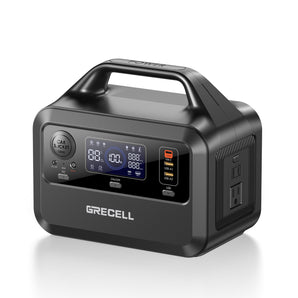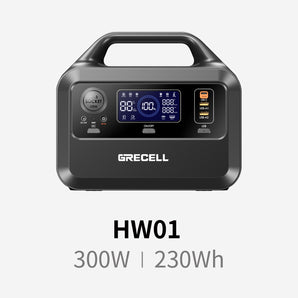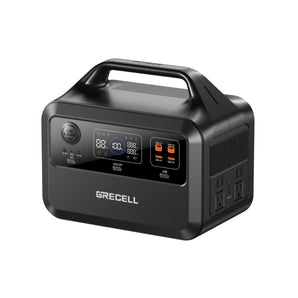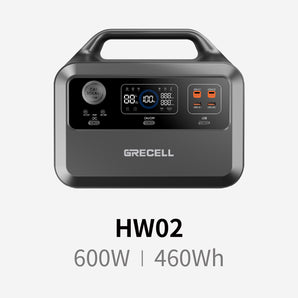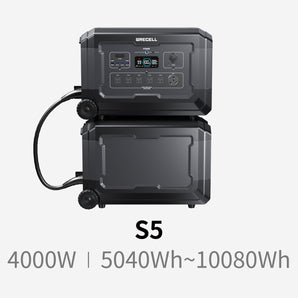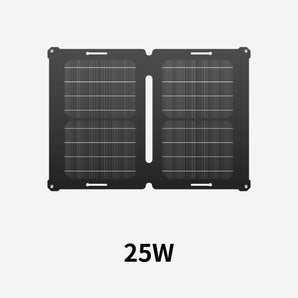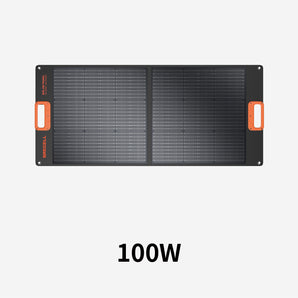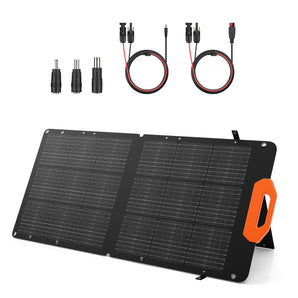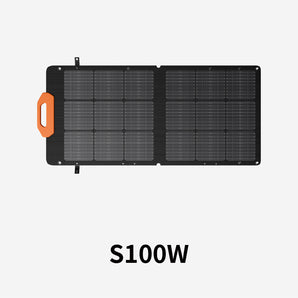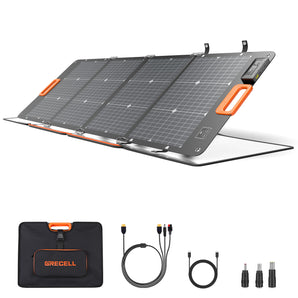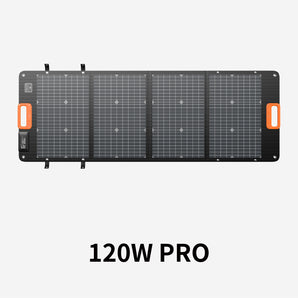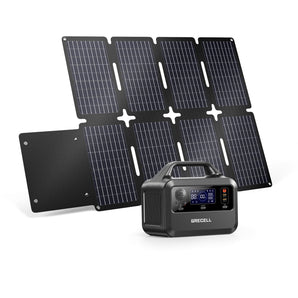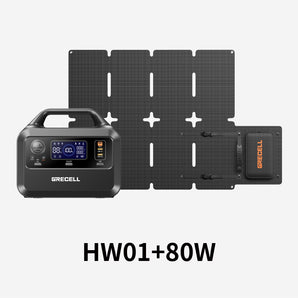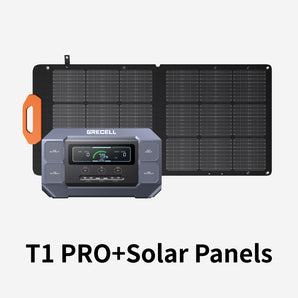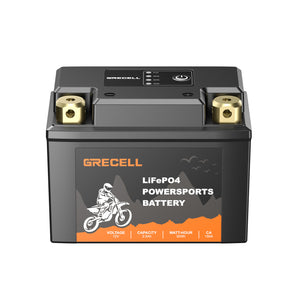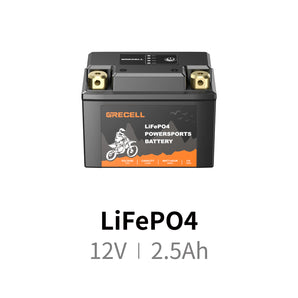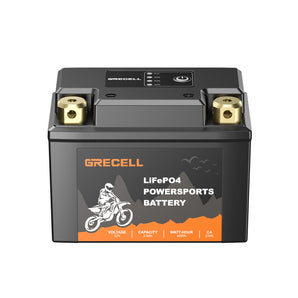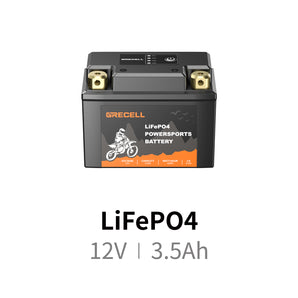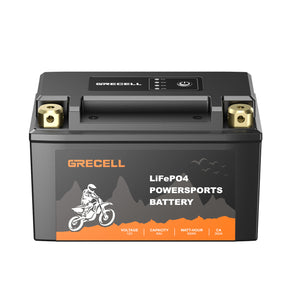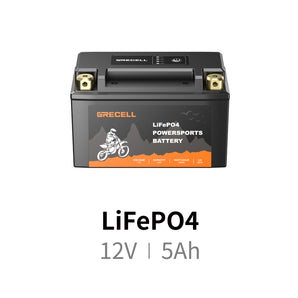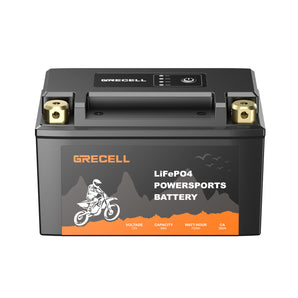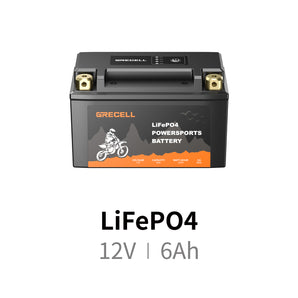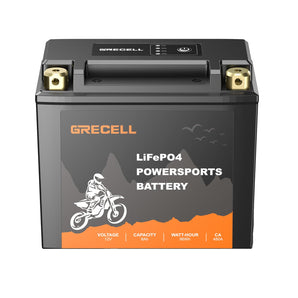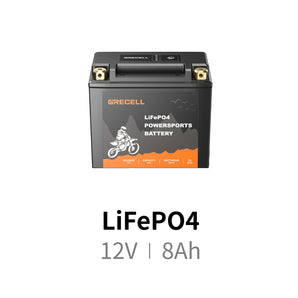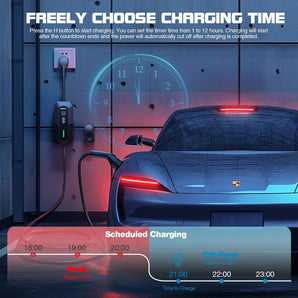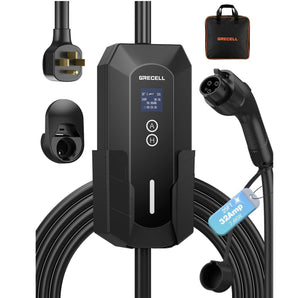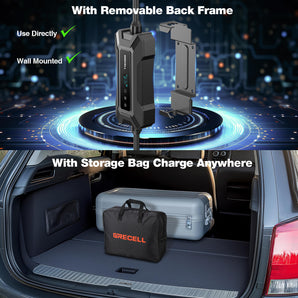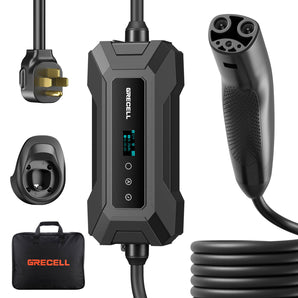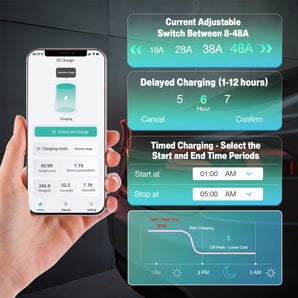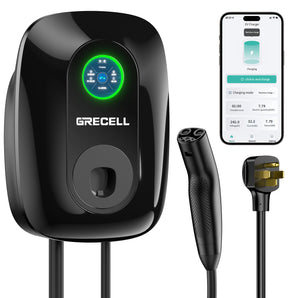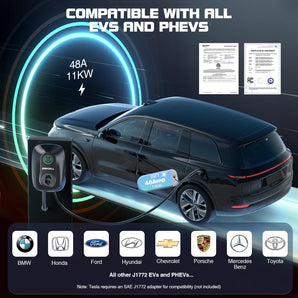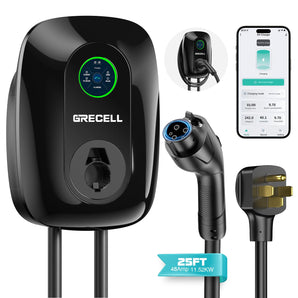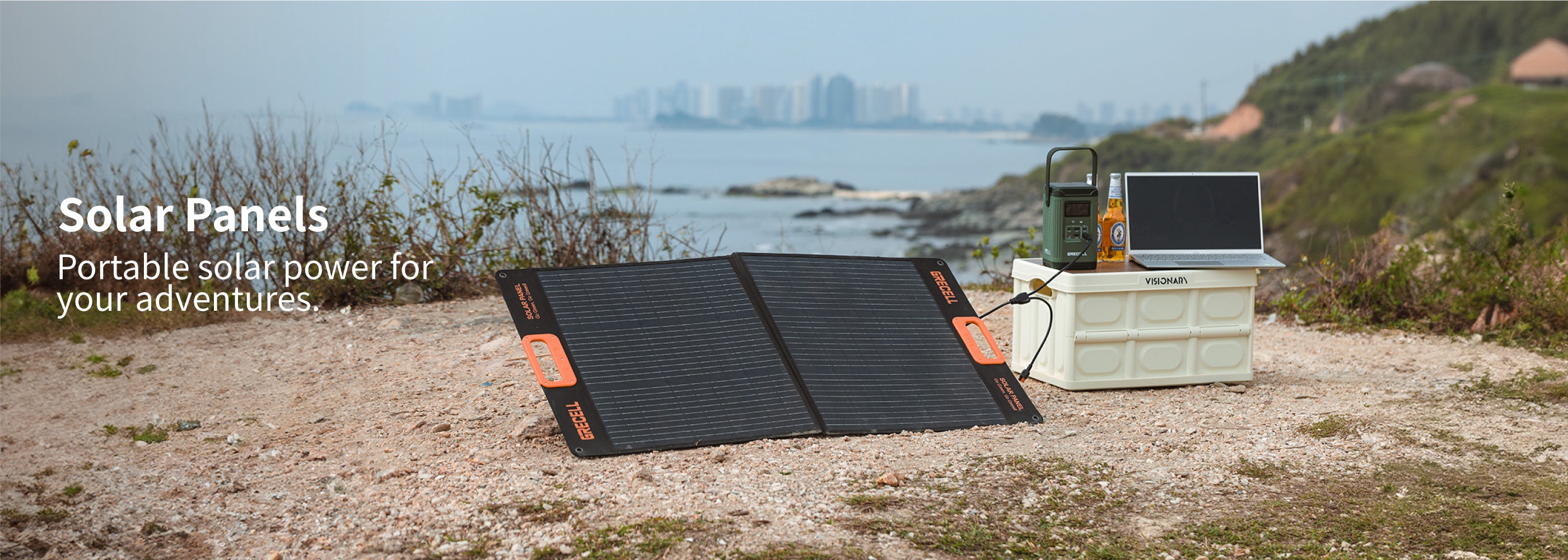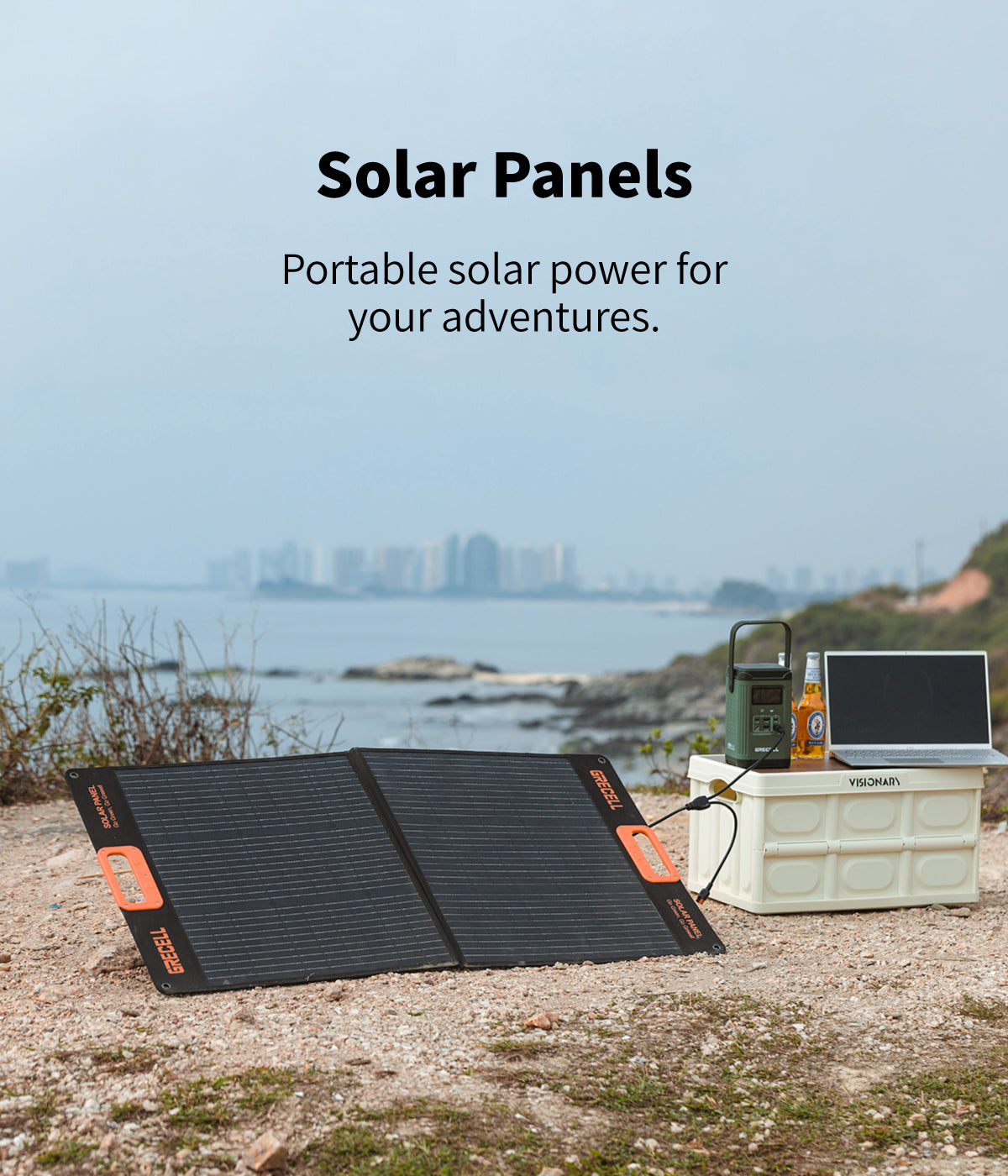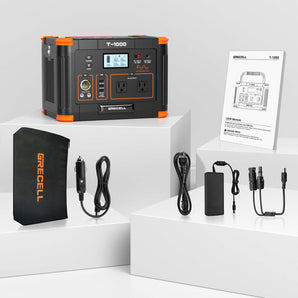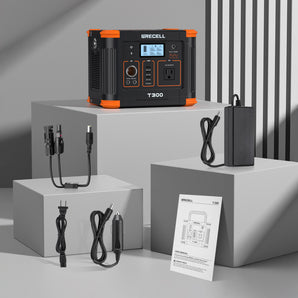🔥Black Friday Deal⏳
⚡️Get 57% off on 200W solar panels
What is a Solar Panel?
A solar panel, also known as a photovoltaic (PV) panel, is a device that converts sunlight into electricity through the photovoltaic effect.
It consists of multiple solar cells, typically made of silicon, which absorb sunlight and generate direct current (DC) electricity. Solar panels are environmentally friendly, renewable energy sources that provide long-term cost savings and contribute to reducing reliance on fossil fuels.
GRECELL Solar Panel FAQ
Everything you need to know before you click “Buy”
Still have questions? Don't hesitate to contact us now
Do solar panels work with snow on them?
Solar panels can still generate electricity with snow on them, although their efficiency may be reduced. Snow should melt or slide off the panels relatively quickly due to their dark surface and heat absorption. Additionally, solar panels are typically installed at an angle, which helps prevent snow buildup.
What factors affect the efficiency of solar panels?
Solar panel efficiency can be influenced by factors like sunlight intensity, shading, temperature, tilt angle, and cleanliness of the panels. Ensuring optimal placement and maintenance can maximize the efficiency of your solar panel system
How to charge a power station with a solar panel?
To charge a power station with a solar panel, connect the solar panel to a charge controller, then connect the charge controller to the power station. The charge controller regulates the voltage and current from the solar panel to prevent overcharging the power station. Ensure that the solar panel's output matches the voltage requirements of the power station.
Can solar panels still generate electricity on cloudy days or during the night?
While solar panels are most efficient under direct sunlight, they can still generate electricity on cloudy days due to diffuse sunlight. However, their output will be lower compared to sunny days. Solar panels do not generate electricity at night unless paired with battery storage or connected to the grid for net metering.
What are the main differences between the 200W solar panel and the 200W PRO solar panel?
Both the 200W and 200W PRO solar panels use monocrystalline silicon cells. The biggest difference lies in the materials used. The 200W solar panel is made of PET material, while the 200W PRO solar panel is made of ETFE material.
ETFE can withstand high levels of thermal stress and chemical erosion, outperforming PET in this aspect. It is more durable, with a lifespan of at least 10 years, and has higher light transmittance, with a thickness of less than 0.1 millimeters and lighter weight.


